Leading retailers feel the squeeze as shoppers tighten their belts further and consumer confidence plummets, and fear no immediate improvement on the horizon.
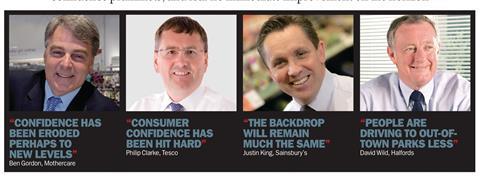
The UK’s top retailers see no respite from punishing trading conditions after battered consumer confidence plummeted further and some of the industry’s biggest names reported pressure on sales and profits.
As industry leader Tesco posted a near-unprecedented fall in first-half UK like-for-likes, Mothercare warned on profits and even middle-class favourite Lakeland felt the pressure, store chiefs admitted that there was little prospect of a change in the trading climate in the foreseeable future.
Mothercare reported a domestic like-for-like slump of 9.6% over 12 weeks and chief executive Ben Gordon flagged a marked fall-off in trading during the past four weeks as worrying economic news unsettled shoppers.
He said: “Confidence has been eroded perhaps to new levels.
We have become quite pessimistic about the Christmas period and beyond.”
He pointed to the contrast between Mothercare’s UK and overseas operations as evidence that business is being affected to a large degree by divergent levels of confidence.
Despite offering “the same product, the same stores”, Mothercare’s performance is starkly divided. “We’re a two-speed business,” Gordon said. “International is going at 100mph, the UK is much tougher.”
Tesco group chief executive Philip Clarke believes that consumer sentiment worsened towards the end of the grocer’s first half in August and that petrol price rises have left families struggling. “Consumer confidence has been hit hard,” he said.
Lakeland director Julian Rayner said the past two months have been “miserable”. The spending power of his core customers, the middle classes, is being squeezed. “It’s as though people have stopped spending,” he said.
Halfords chief executive David Wild did not want to speak about his own company but wondered whether there had been a shift in consumers’ mindsets as they returned from holiday determined to put their finances in order.
Wild agreed with Clarke that the rising cost of motoring was hitting sales. “It means people are driving to out-of-town parks less,” he said.
In such grim circumstances, some retailers were furious that an early draft – later changed – of Prime Minister David Cameron’s speech to the Conservative Party conference on Wednesday urged consumers to focus on clearing their debt.
One chief executive said: “There is no good news out there. Nobody’s telling people to spend money. Everybody’s saying ‘be careful.’ ”
Sainsbury’s boss Justin King felt that Cameron’s planned comments “won’t help retail” but that they reflect how shoppers are already behaving. “All he is doing is catching up with consumers on this,” he said.
But King acknowledged that the outlook for 2012 remained downbeat. “There will be things to lighten the mood with the Olympics and Diamond Jubilee but the backdrop will remain much the same,” he said.
Shehan Mohamed, consumer retail economist at the Centre for Economics and Business Research (CEBR), thought that the Eurozone’s problems had hit confidence.
He said: “There is an expectation that what is happening in the Eurozone will affect lending in the UK, and people are bracing themselves for that.
“What determines confidence is prospects for the future, not what’s happening now, and there is no confidence in the economy.”
CEBR forecasts that retail sales volumes will show growth of less than 1% in 2011/12, rising to just over 1% in 2013, then remaining flat to 2015.
Click here for full details on the grocers’ results


















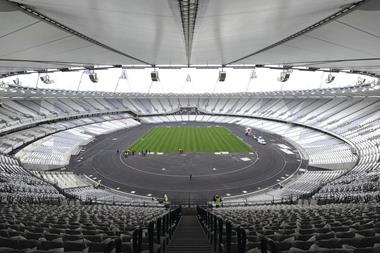

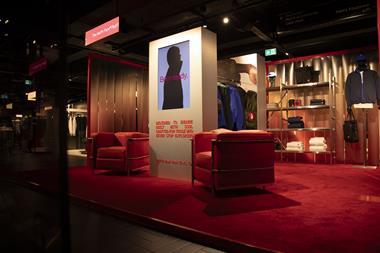
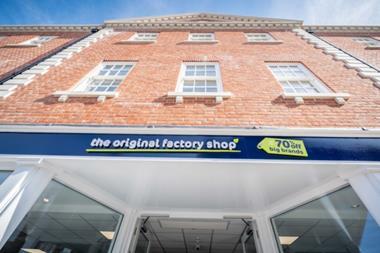

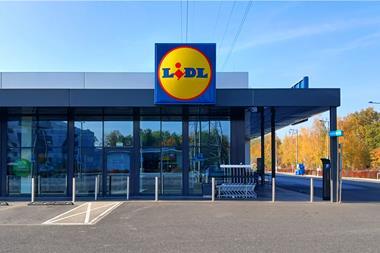
No comments yet